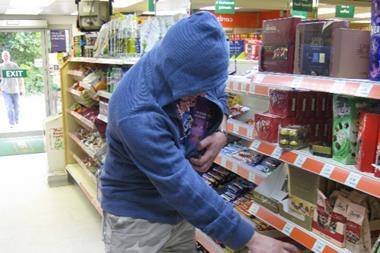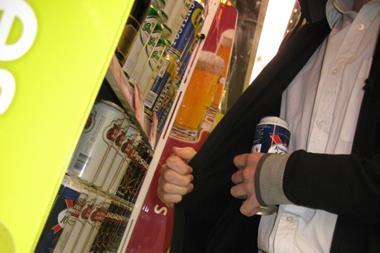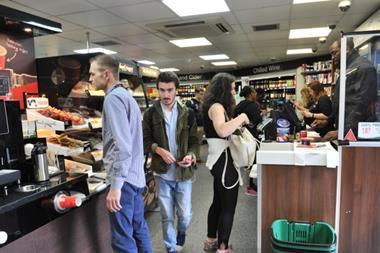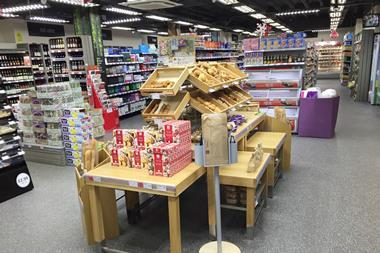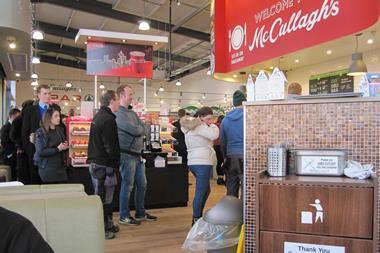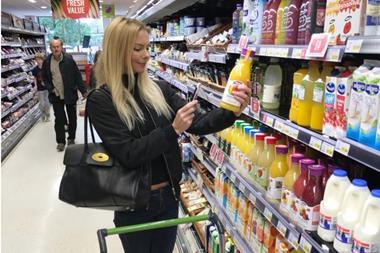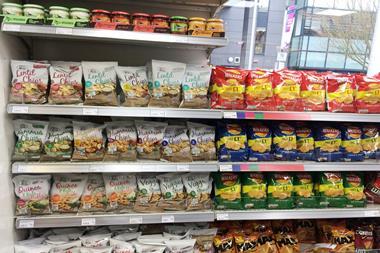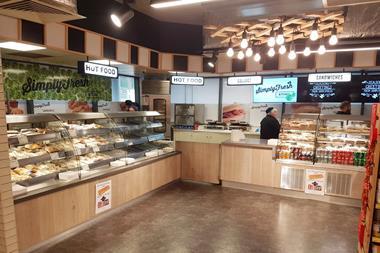Stronger together

A collaborative approach to fighting retail crime is getting results in towns and cities across the UK. Aidan Fortune looks at such schemes and why it is more important than ever that retailers work together
ALREADY HAVE A REGISTERED USER ACCOUNT? PLEASE LOG IN HERE
To read the full story join the ConvenienceStore.co.uk community today!
Registration is quick and easy and provides access to:
- Unlimited ConvenienceStore.co.uk articles
- Our great range of newsletters
- Content you’ve saved for later via the ‘my library’ feature
And much more…




















